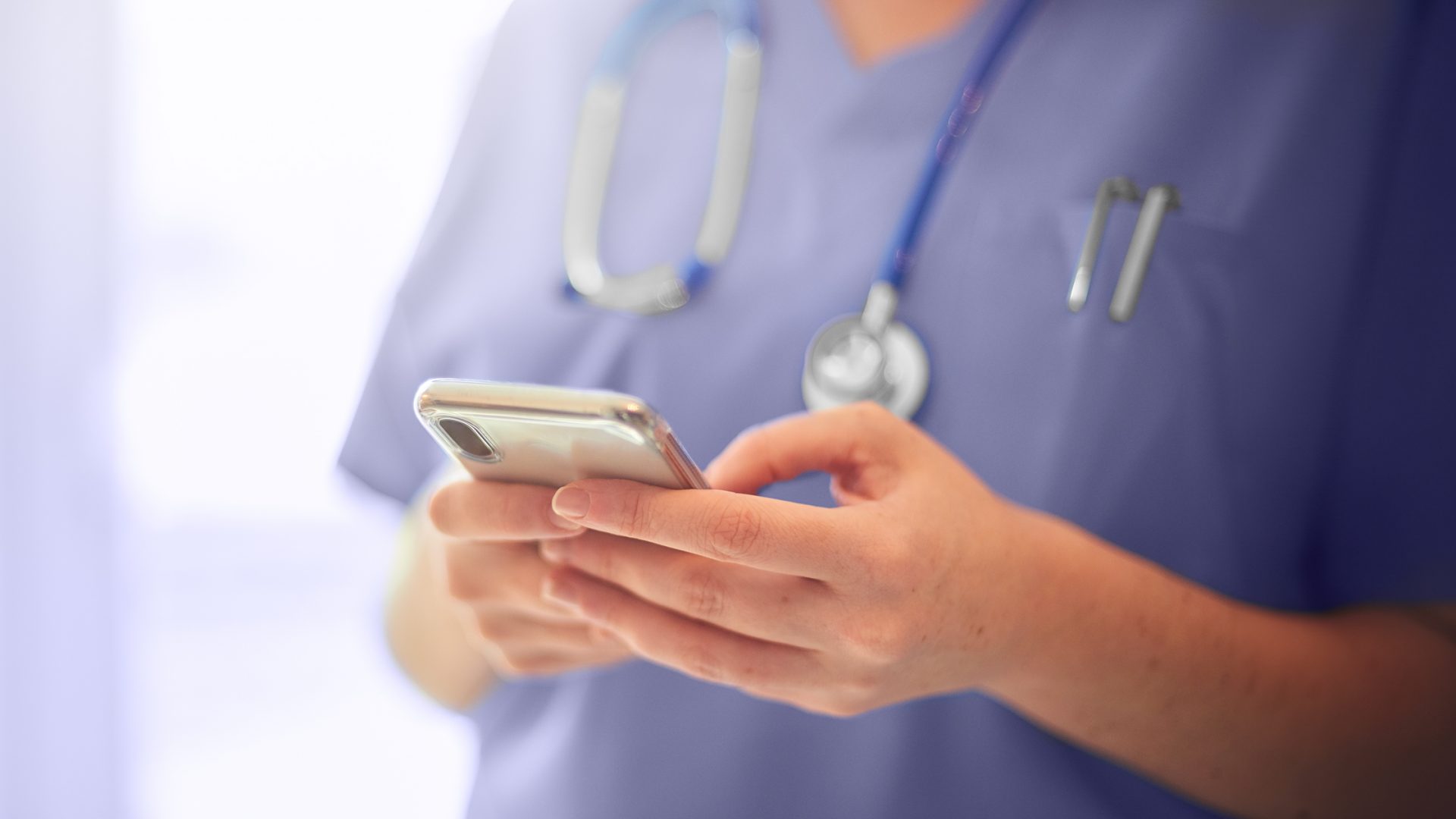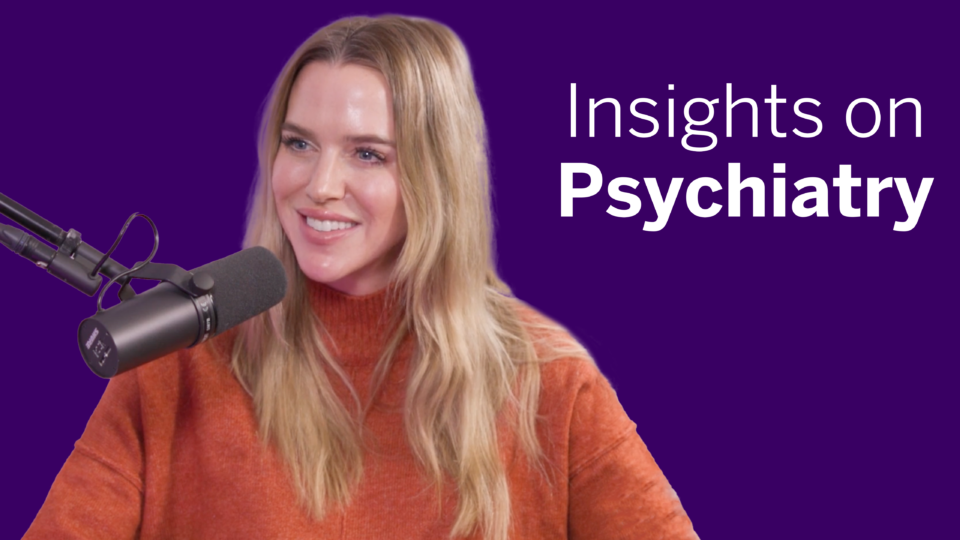According to the CDC, 46 percent of all healthcare workers reported feeling burned out in 2022, up from 38 percent in 2018. Depression and anxiety are also common among health workers. These conditions not only impact an individual’s overall health, but they can also lead to poor workplace performance, patient safety concerns, and medical errors.
Recognizing that employee burnout is becoming a critical issue for healthcare systems, Thea Gallagher, PsyD, a clinical associate professor of psychiatry at NYU Langone Health, is working on new and innovative ways to intervene and support wellbeing.
Under new grant funding from the Defense Advanced Research Projects Agency (DARPA), Dr. Gallagher and her team are developing a digital wellness app, COBALT, to assess both subjective and objective symptoms of distress and burnout among healthcare workers. The mobile app will use artificial intelligence (AI) technologies to provide personalized mental health resources and microinterventions—focused resources or exercises designed to be brief and minimally demanding.
“Our AI-based smartphone app will deliver targeted content and group and individual support for the health and wellness of the healthcare workforce.”
Thea Gallagher, PsyD
“Burnout rates are rising, and frontline healthcare workers are often hit hardest,” Dr. Gallagher says. “Our AI-based smartphone app will deliver targeted content and group and individual support for the health and wellness of the healthcare workforce.”
Developing the App
The COBALT app will integrate multiple data sources from its users, including self-report measures, video analyzed by the Facial Action Coding System for emotion recognition, and audio transcripts analyzed by natural language processing for phrases tied to mental illness.
“The app will quickly and efficiently categorize levels of mental health using machine learning and AI and direct users to personalized resources,” explains Dr. Gallagher.
Active data will be collected at baseline and weekly, with passive data recorded via cell phone sensors and collected continuously. Once the models are trained on user-specific data, the goal is to use the app to detect, assess, and in some cases treat a number of mental health and wellness risks.
“Incorporating COBALT into workflows could assist an organization in creating a culture of resilience and mental wellbeing.”
“Incorporating COBALT into workflows could assist an organization in creating a culture of resilience and mental wellbeing,” says Dr. Gallagher.
Early Success with a Web Platform
Before joining NYU Langone, Dr. Gallagher played a key role in the development of a separate but related web platform, also called COBALT, while on the faculty of the University of Pennsylvania.
The new app will build upon the success of the existing web platform, which is currently available to all NYU Langone staff. Dr. Gallagher emphasizes that with the integration of AI, the new app will be far more technologically advanced than the current web platform, which relies primarily on self-report measures.
“All employees have access to the COBALT web platform, where they can complete wellness evaluations, and sign up for group resiliency sessions, mindfulness workshops, and other in-person offerings,” Dr. Gallagher says.
She notes that users can engage with the platform as much or as little as they like. Everything that they view or engage with is anonymous and not connected to their name or identity, unless they voluntarily enter their personal information.
Since its debut at NYU Langone, the COBALT web platform has been used by nearly 2,700 employees. Among these users, more than 500 have participated in clinical screening sessions.
“Several thousand employees have utilized the web platform,” Dr. Gallagher says. “It is designed and intended to support, protect, and enhance the mental wellbeing and health of our employees.”
Future Applications
Although the initial phase of the DARPA project is focused on healthcare workers, Dr. Gallagher and her team plan to apply the app version of COBALT to address the mental health needs of other at-risk groups, such as active-duty military.
“Long-term, we’d like to further develop the COBALT app as an evidence-based, scalable, mobile solution,” she says. “Leveraging this dataset may provide additional insights for personalizing the delivery of microinterventions that enhance wellbeing.”






